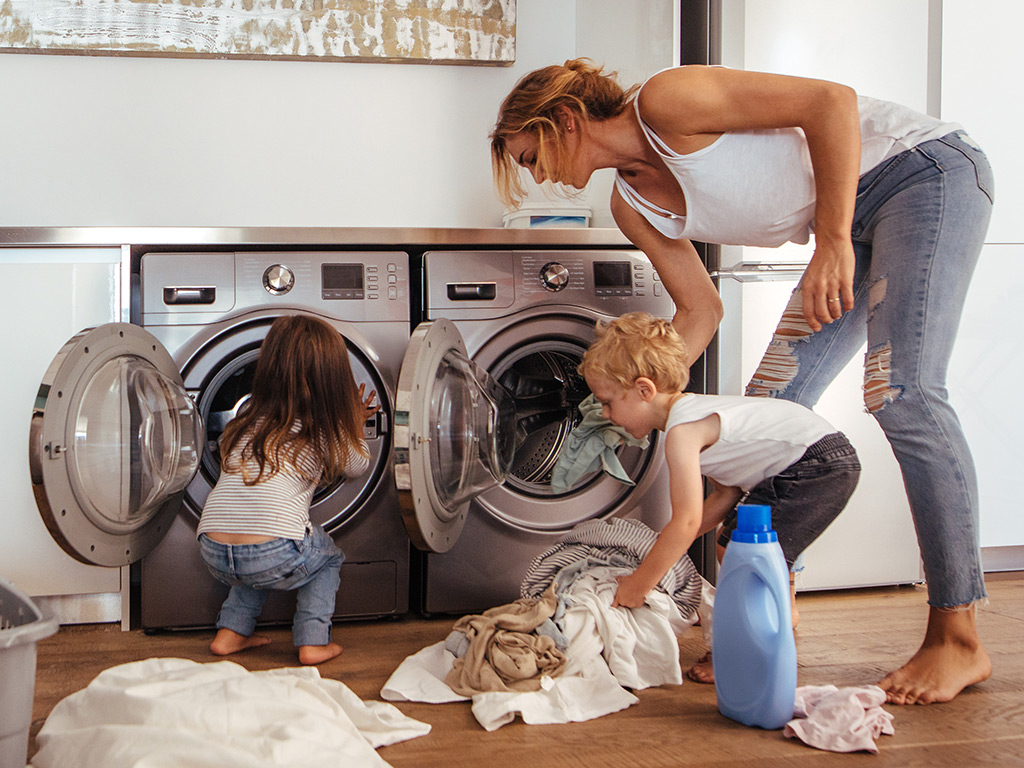An ounce of prevention is worth a pound of cure.
This is especially true when considering the guidelines to follow to prevent the spread of illness compared to the cost of not being able to go to work or school because of illness. The Centers for Disease Control and Prevention (CDC) recommends six daily habits to prevent illness and the spread of viruses to others.
WASH YOUR HANDS
Washing your hands frequently with soap and warm water is the best way to prevent illness. Even if your hands don't feel or look dirty, washing your hands frequently for at least 20 seconds helps remove germs or viruses you may have been exposed to during the day. Remember to wash your hands:
- Before eating.
- After using the bathroom.
- Before touching your eyes, nose, or mouth.
- After blowing your nose or sneezing.
- When touching objects or surfaces near someone who is sick.
- Before holding a baby.
- Before and after changing bandages.
- When your hands feel or look dirty.
If you don't have access to soap and water, use an alcohol-based hand sanitizer with a concentration of at least 60%.
AVOID CONTACT WITH SICK PEOPLE
It happens in families all the time: one person gets sick, and everyone else follows suit until the entire family is sick for two weeks. You can prevent the spread of illness by limiting contact with someone who is sick.
Designate a room in your home where the sick person recovers and limit family interaction. If possible, also designate a separate bathroom.
Consider alternative ways to communicate, such as FaceTime, while the person recovers.
Disinfect exposed surfaces and objects frequently (see below).
Avoid hugging, kissing, or shaking hands.
It would be very difficult to avoid cuddling a sick child. It's appropriate to comfort your child, but remember to wash your hands before and after each contact to reduce the chance of spreading the illness.
COVER YOUR MOUTH WHEN YOU COUGH OR SNEEZE
Coughing and sneezing can transmit germs from your body into the air. If you're sick, cover your mouth with a tissue and throw it in a lined trash can. If you don't have tissues, cough into your elbow. Then immediately wash your hands with soap and water for 20 seconds. If soap and water aren't available, clean your hands with an alcohol-based hand sanitizer with at least 60% alcohol.
AVOID TOUCHING YOUR FACE
People touch their face an average of three to five times per minute. If you have germs on your hands and rub your eyes or touch your nose, you're increasing the risk of putting those germs in contact with your throat, lungs, and sinuses. Keep your hands away from your face to prevent germs from infiltrating your body.
CLEAN AND DISINFECT FREQUENTLY EXPOSED OBJECTS AND SURFACES
Viruses can live on surfaces we use and touch regularly. Clean and disinfect frequently touched objects and surfaces daily, such as tables, cell phones, computers, countertops, light switches, doorknobs, and furniture and cabinet handles. If someone in your home is sick, you should clean and disinfect these areas several times a day to prevent the spread of viruses.
STAY HOME IF YOU ARE SICK
If you are sick, stay home and keep your children home from school or daycare. Take them out only to seek medical care. Do not go to work or visit public areas; avoid using public transportation, ride-sharing, or taxis. Select Health members can call the Health Answers line at 844-501-6600 to speak with an Intermountain nurse if you're not feeling well and think you need medical attention. The Health Answers line is available 24 hours a day.
Note: Information on this page is not considered medical advice. Please contact your primary care provider for specific medical care guidance and recommendations.
This article is intended for informational purposes only and is not legal or medical advice. Links to other sites are provided as a convenience, but Select Health does not endorse the third-party sites, information, or services.
Related Articles



